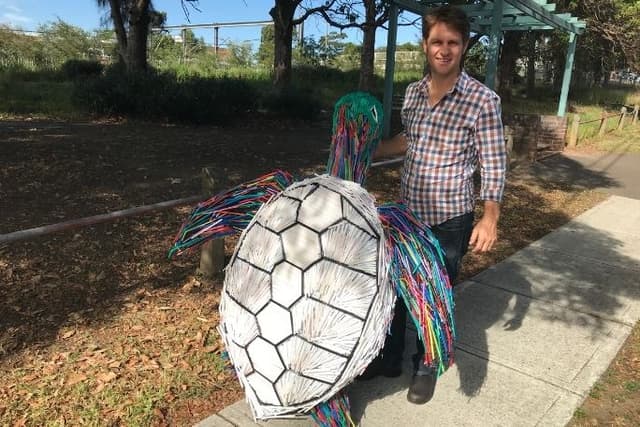
War On Waste - Plastic Straws And Our Environment
Lesson5 of 13 in this unit
PrimaryYear 3 - 6ScienceHumanities and Social SciencesGeographyEnvironmentalSustainabilityEconomicDesign Thinking
Summary
Lesson Guides and Printables
Lesson Plan

Student Worksheet

Teacher Content Info
